The Federal Government of Nigeria recently announced a $3.5 billion agreement with the African Export-Import Bank (Afreximbank). This deal aims to enhance the textile industry and promote using compressed natural gas (CNG) vehicles, among other initiatives.
The Minister of Industry, Trade, and Investment, Doris Uzoka-Anite, disclosed this in a statement on X. The agreement was signed during the 31st Afreximbank Annual Meeting in Nassau, The Bahamas.
A Step Towards Economic Diversification
Uzoka-Anite stated that the agreement would help realize President Bola Ahmed Tinubu’s vision for a diversified and prosperous Nigerian economy. She emphasized that this landmark agreement covers various aspects of the economy.
The collaboration with Afreximbank is poised to transform Nigeria’s industrial landscape, create jobs, and drive sustainable economic growth. This deal signifies a pathway toward a brighter and more prosperous Nigeria.
The update from our recent visit to The Bahamas is a very exciting one for all Nigerians.
I am pleased to report that a groundbreaking $3.5 billion MOU agreement between the @TradeInvestNG and @afreximbank was signed at the 31st Afreximbank Annual Meeting in Nassau.
This… pic.twitter.com/pSoHj97vir— Hon (Dr) Doris Nkiruka Uzoka-Anite MD,CFA (@DrDorisAnite) June 18, 2024
Impact on the Textile Industry
The textile industry in Nigeria has faced numerous challenges over the years. However, this agreement with Afreximbank aims to revitalize the sector. The deal will foster innovation within the textile industry by providing financial support and resources.
This is expected to lead to the production of higher-quality textiles and the creation of more job opportunities. Ultimately, this will boost the economy and improve the livelihoods of many Nigerians.
Promoting CNG Vehicles
In addition to the textile industry, the agreement also focuses on promoting the use of compressed natural gas (CNG) vehicles. CNG is a cleaner and more environmentally friendly alternative to traditional fuels.
By encouraging CNG vehicles, Nigeria can reduce its carbon footprint and promote sustainable development. This initiative will benefit the environment and create new business opportunities within the automotive industry.
Naira Depreciation Pushes Cooking Gas Prices Up by 70% in 12 Months
The sharp depreciation of the naira and Nigeria’s dependence on the importation of liquefied petroleum gas (LPG), also known as cooking gas, have caused the product’s price to soar by 70.12 percent over the past year. Despite efforts to stabilize prices, cooking gas costs continue to rise.
According to the National Bureau of Statistics (NBS), the average retail price for refilling a five-kilogram cylinder increased from N4,360.69 in May 2023 to N7,418.45 in May 2024. This represents a year-on-year increase of 70.12 percent. On a month-to-month basis, the price rose by 13.75 percent from N6,521.58 in April to N7,418.45 in May.
Regional Price Variations
The price of cooking gas varies across different regions in Nigeria. Benue recorded the highest average price for refilling a 5kg cooking gas cylinder at N8,012.03, followed by Enugu with N7,926.21 and Ondo with N7,857.53. On the other hand, Yobe recorded the lowest price at N5,842.31, followed by Jigawa and Katsina with N6,521.81 and N6,567.95, respectively.
Household Kerosene Prices on the Rise
In a related development, the NBS also reported that the average retail price per liter of household kerosene (HHK) in May was N1,450.35. This shows an increase of 0.74 percent compared to N1,439.64 recorded in April. On a year-on-year basis, the price rose by 20.26 percent from N1,206.05 in May 2023.
The highest average price per liter in May 2024 was recorded in Benue at N1,790.92, followed by Kaduna with N1,769.65, and Cross River with N1,722.94. Conversely, the lowest price was recorded in Katsina at N1,230.81, followed by Kwara at N1,260.07 and Jigawa at N1,263.91.
Economic Implications and Future Outlook
The rising prices of essential commodities such as cooking gas and household kerosene have significant economic implications for Nigeria. These increases put additional pressure on households, especially those with lower incomes. As the cost of living rises, the purchasing power of many Nigerians diminishes, leading to reduced spending on other goods and services.
Government’s Response and Initiatives
The Nigerian government has been exploring various strategies to mitigate the impact of rising prices. One of the key measures is to boost local production of LPG to reduce dependence on imports.
Increasing domestic production will help stabilize prices and make cooking gas more affordable for the average Nigerian. Additionally, promoting alternative energy sources, such as solar and biogas, can relieve households affected by the high cost of cooking gas.
Long-term Solutions for Economic Stability
For Nigeria to achieve long-term economic stability, it is crucial to address the underlying factors contributing to the depreciation of the naira. Strengthening the local currency will help control inflation and stabilize the prices of essential commodities. It can be achieved through sound fiscal policies, increased foreign investments, and diversification of the economy.
Conclusion
The $3.5 billion deal between the Federal Government of Nigeria and Afreximbank represents a significant step towards economic diversification and growth. By focusing on the textile industry and promoting CNG vehicles, the agreement aims to create jobs, foster innovation, and drive sustainable development.
However, the sharp rise in cooking gas prices and household kerosene highlights the challenges many Nigerians face. Addressing these issues requires a multifaceted approach, including boosting local production, promoting alternative energy sources, and implementing sound economic policies. Through these efforts, Nigeria can achieve a more stable and prosperous future for all its citizens.
For more information on the Afreximbank Annual Meeting, visit Afreximbank. To learn about the latest economic statistics in Nigeria, visit the National Bureau of Statistics.


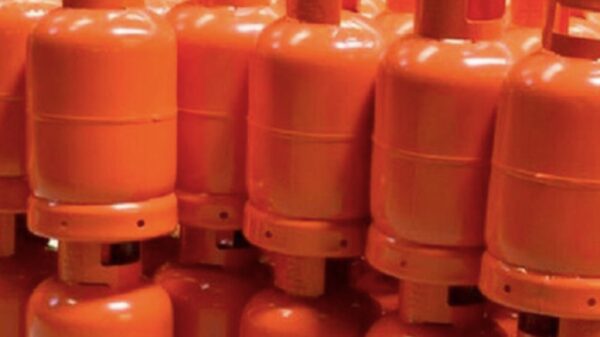









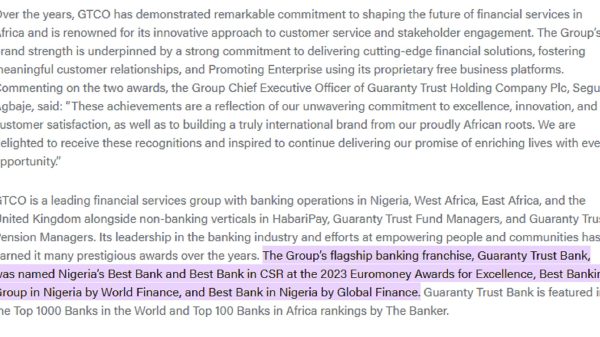



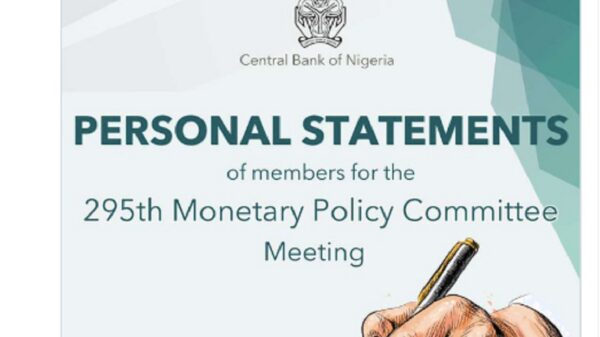
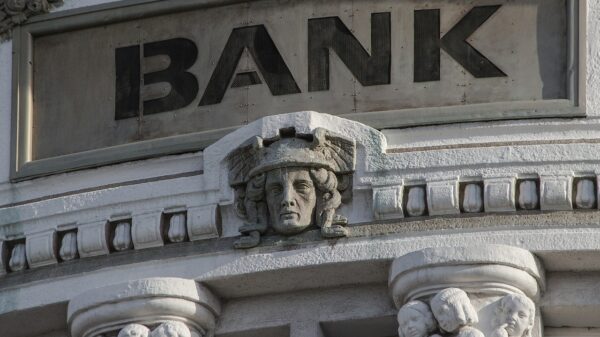































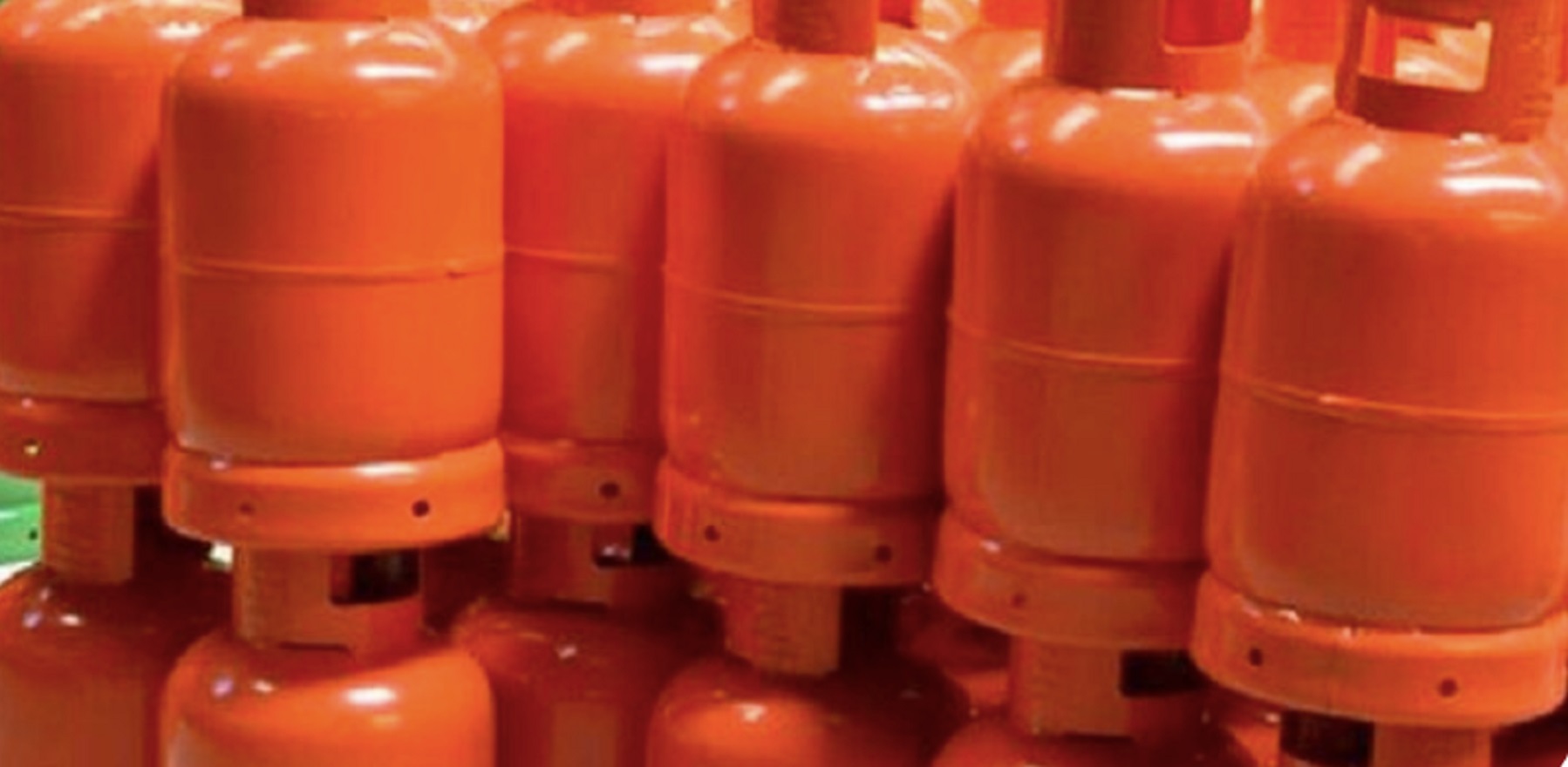

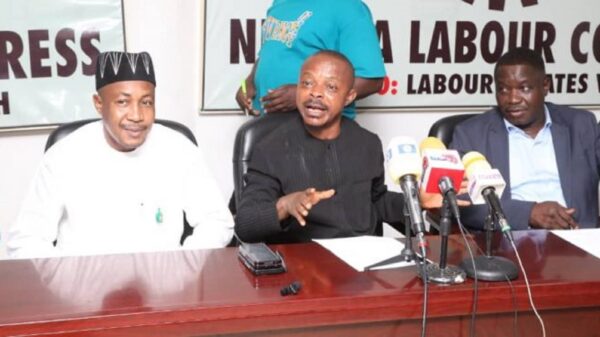

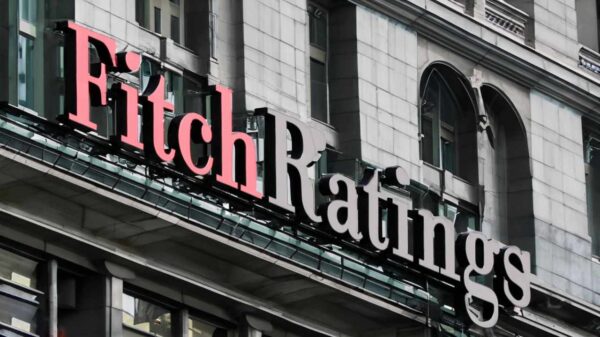



You must be logged in to post a comment Login